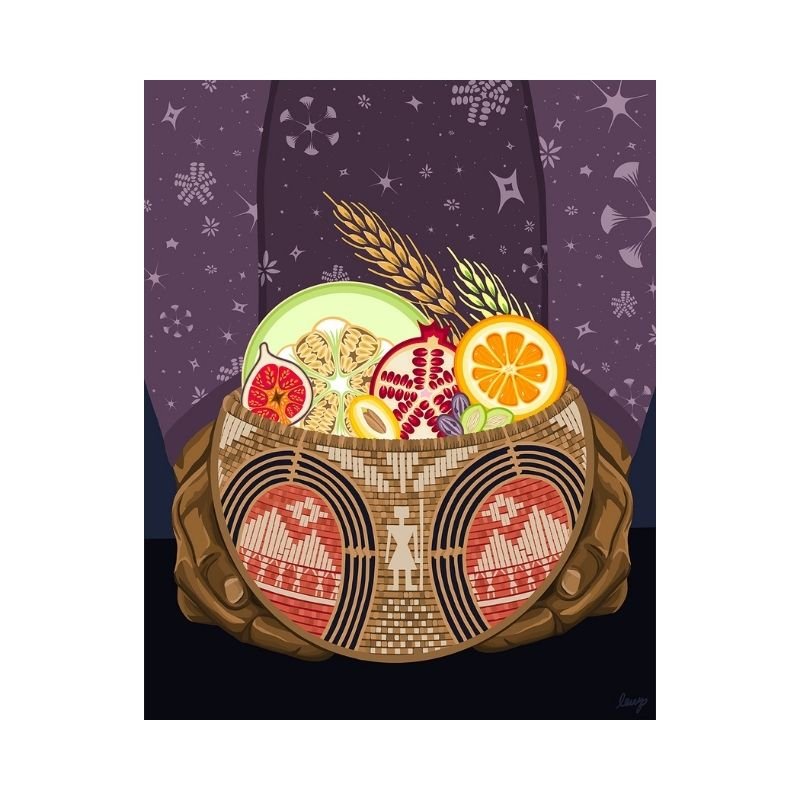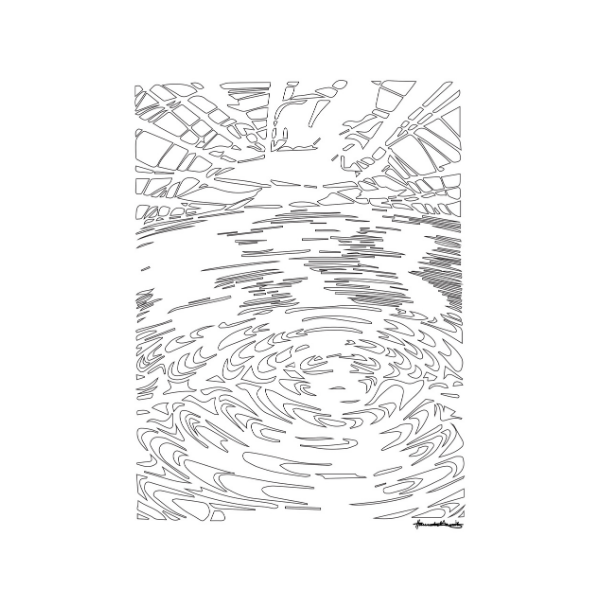First Fruits Image License (Deuteronomy 26:1-11)
First Fruits Image License (Deuteronomy 26:1-11)
DIGITAL DOWNLOAD FOR ONE-TIME LICENSE
Interested in licensing a single image for worship or ministry use? This one-time license grants you permission to use this image for ministry purposes. Print the image as bulletin cover art or project the art and engage with it during worship, Sunday School, or Youth Group. We hope you might use our images as tools for spiritual formation.
If you are interested in an art print of this piece, please visit our print shop.
First Fruits
Digital painting
By Lauren Wright Pittman
Inspired by Deuteronomy 26:1-11
From our “Full to the Brim” Lent & Easter 2022 collection.
Order includes:
high-res image file formatted for print
high-res image file formatted for web/projection
A PDF of the Artist's statements & scripture reference for the visual
A visio divina Bible Study Guide for you to use this image in a group study session that incorporates the ancient Benedictine spiritual practice of "divine seeing."
Credit info:
When printing and sharing online, please always include the following credits:
Artist's name | A Sanctified Art LLC | sanctifiedart.org
From the artist:
This text urges the harvester to ground themselves in ancestral and divine identity. This requires a primal knowledge of the answers to the questions, “Who are you?” and “Whose are you?” When the harvester brings the first fruits to the dwelling place of God, they are asked to offer a response to God, in which the harvester recounts the Exodus narrative. This narrative defines the harvester and gives understanding, resonance, and purpose to their offering before God.
Notice how the response is in first person plural: “When the Egyptians treated us harshly and afflicted us, by imposing hard labor on us, we cried to the Lord… and the Lord heard our voice and saw our affliction, our toil, and our oppression. The Lord brought us out of Egypt with a mighty hand and an outstretched arm, with a terrifying display of power… and he brought us into this place and gave us this land, a land flowing with milk and honey.” (Deut. 26:6-9, NRSV) I imagine this recitation roots the harvester in their identity as an Exodus person—a wandering alien, oppressed and afflicted, who was heard, seen, and rescued by God.
Regardless of whether or not the harvester directly experienced the events of their pronouncement before God, this narrative is where their identity is found and it changes how they live. Echoes of this narrative live in the harvester. This narrative affirms the truth that the harvester was once an alien, and whatever they have been given and all that they are belong to God. Therefore, all of the bounty—the sumptuous, nurturing, first fruits of the ground are to be shared with the aliens who reside among them. What would it look like for you to ground yourself in ancestral and divine identity? How would it change how you live? Who are you? Whose are you?
—Rev. Lauren Wright Pittman







